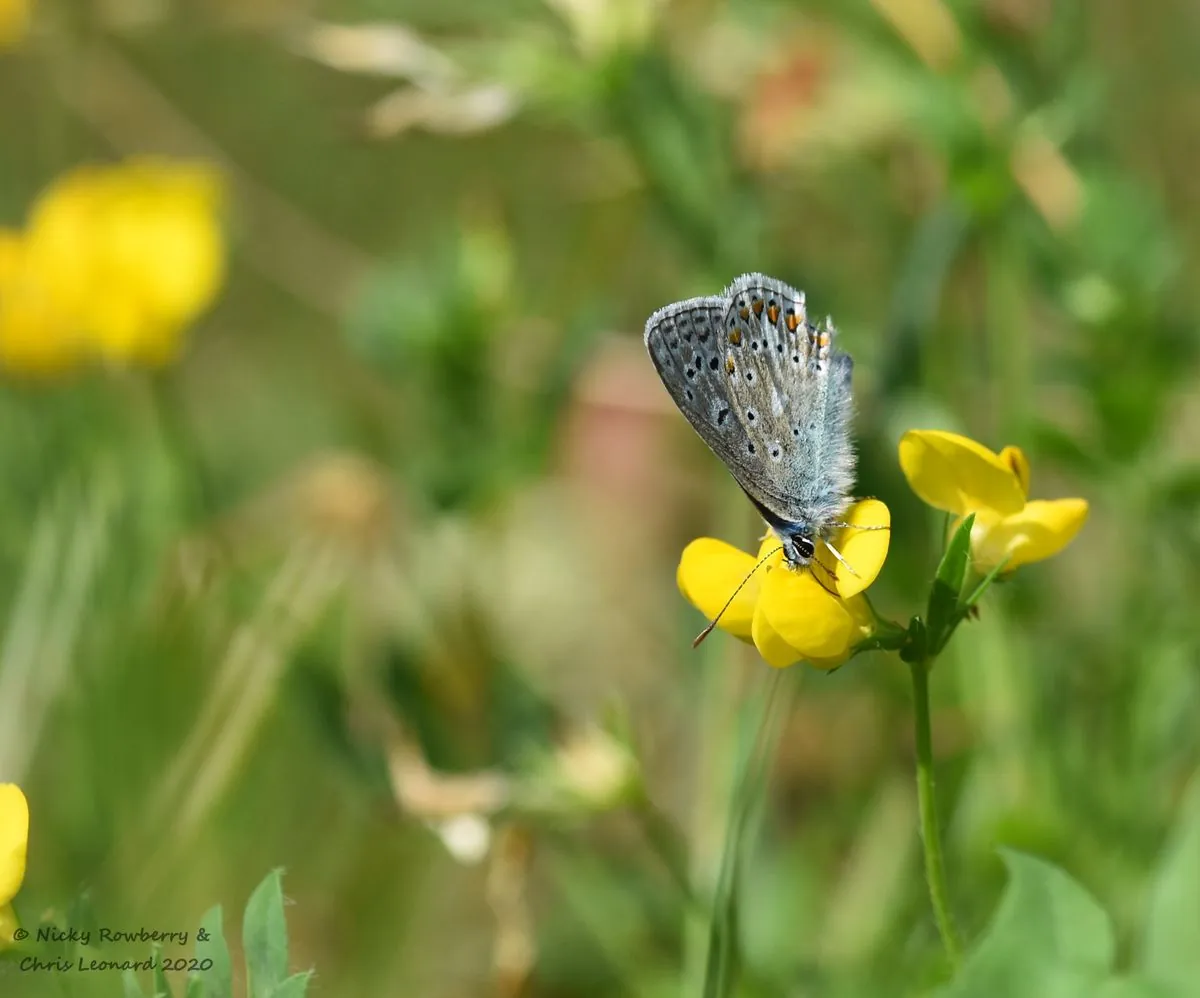British Garden Butterflies Face Alarming Decline, Conservation Group Warns
Annual count reveals record low butterfly sightings in UK gardens. Conservation charity urges government action, citing weather, habitat loss, and pesticides as key factors in species decline.

A recent citizen science project has unveiled a concerning trend in British gardens, with familiar butterfly species experiencing a significant decline. The annual count, conducted by Butterfly Conservation, has recorded the lowest number of butterfly sightings in its 15-year history.
Participants in the count reported an average of just seven butterflies during a 15-minute observation period, marking a 50% decrease from the previous year. This figure is particularly alarming as it represents a 22% drop from the previous record low set in 2022.
Dr. Richard Fox, head of science at Butterfly Conservation, highlighted the multifaceted nature of this decline. While wet spring weather contributed to the immediate drop in numbers, long-term factors such as habitat loss, pesticide use, and increasingly extreme weather patterns are driving the overall downward trend.
The common blue butterfly, scientifically known as Polyommatus icarus, saw a 52% decrease in sightings compared to the 14-year average. This species, the most widespread blue butterfly in Britain and Ireland, has been particularly hard hit, with a 69% reduction from the previous year.
Similarly, the small tortoiseshell butterfly (Aglais urticae), known for its ability to hibernate as adults, experienced a 59% long-term decline and a staggering 74% decrease in just 12 months.

These findings are part of a larger pattern affecting various butterfly species. The study revealed that a third of the recorded species had their worst year on record, with no species experiencing their best year. This trend is especially concerning given that butterflies, which have existed for at least 56 million years, serve as key indicator species for overall environmental health.
The conservation group is calling on the UK government to declare a nature emergency and implement a complete ban on neonicotinoid pesticides. These chemicals, which are chemically similar to nicotine, have been linked to declining insect populations. While generally prohibited, they are still allowed under license for use by sugar beet farmers in the UK.
Dr. Fox emphasized the need for immediate action, stating:
"Nature is sounding the alarm call. We must act now if we are to turn the tide on these rapid declines and protect species for future generations."
The impact of these declines extends beyond the butterflies themselves. As crucial pollinators and food sources for other animals, butterflies play a vital role in maintaining ecosystem balance. Their ability to see ultraviolet light and their unique wing structure, with transparent wings covered in colorful scales, make them fascinating subjects for scientific study in the field of lepidopterology.
As climate change continues to affect butterfly distributions and life cycles, the need for conservation efforts becomes increasingly urgent. The UK, home to 59 butterfly species including 57 residents and two regular migrants, faces the challenge of preserving these delicate yet essential components of its natural heritage.


































